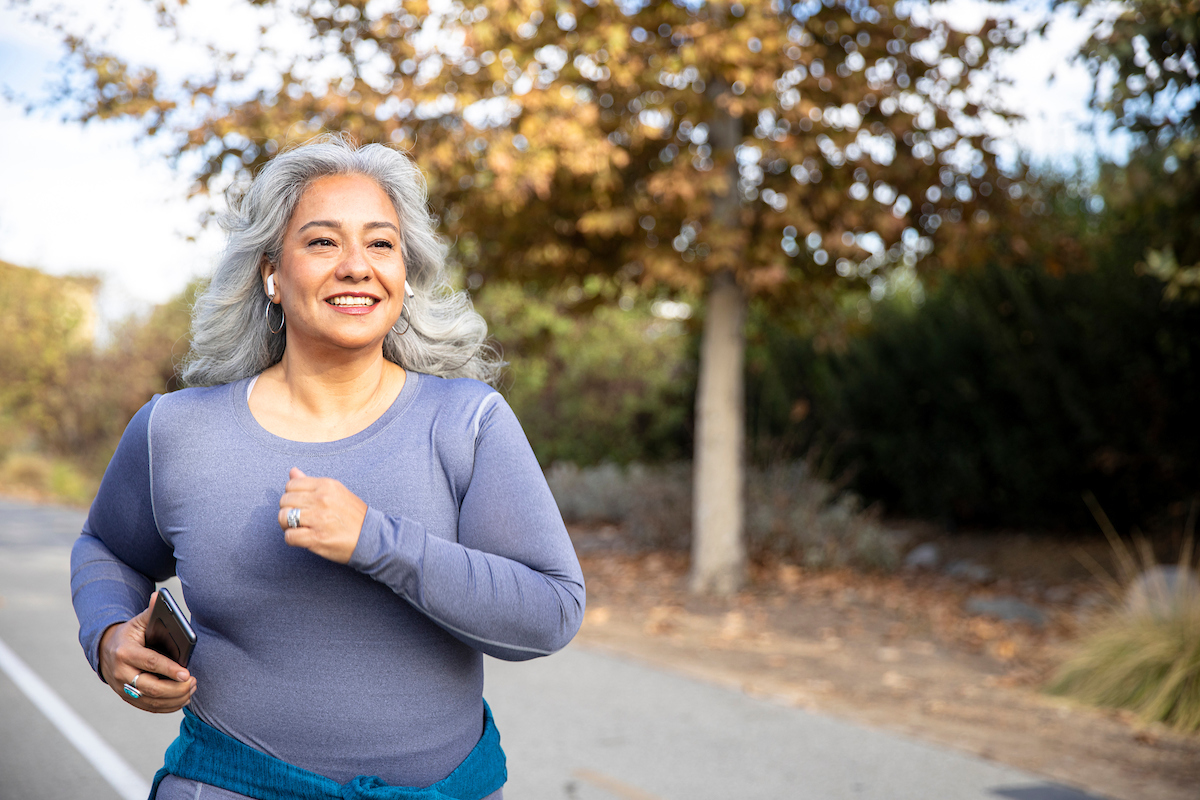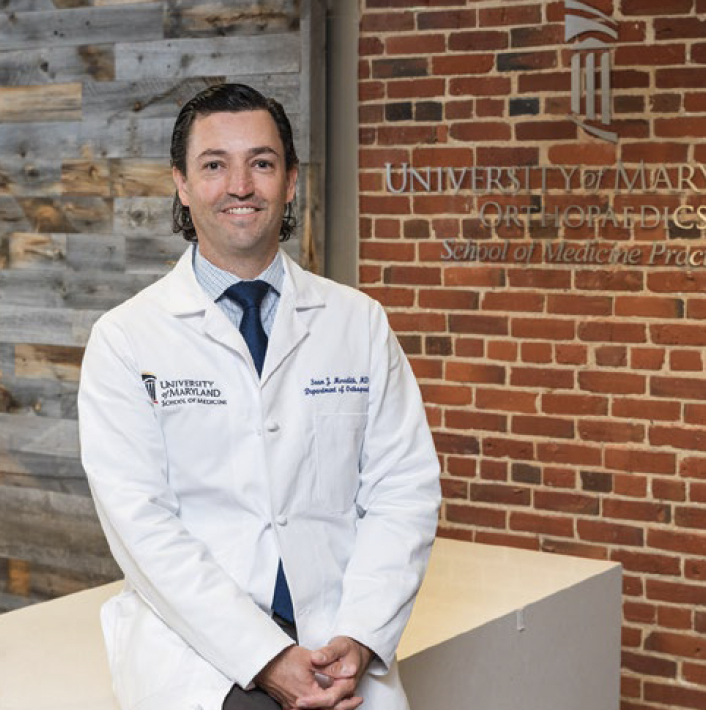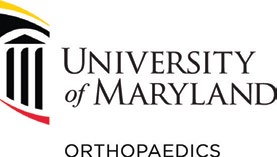Partner Content
“Any lingering pain that doesn’t improve with RICE should be evaluated by an orthopaedic doctor.”
Dr. Sean Meredith was drawn to orthopedics by its problem-solving nature and the ability to treat issues that can make a significant improvement in a person’s life. He explains that technology has evolved the field, with minimally-invasive procedures and “biologics,” such as platelet rich plasma, making dramatic changes that help patients feel better with less disruption to their lives. Here, he discusses common orthopedic complaints and how to stay healthy as we age.
What are the most common complaints you see in adults in your practice?
I take care of hip, knee, and shoulder issues. I have a specific focus in young adult and adult hip conditions like hip labral tears, impingement, and instability. This is an area of tremendous growth in orthopedics where we now have so many more treatment options than ever before.
Previously, it was commonly thought that if you didn’t need a hip replacement, there were no options other than living with pain and limitations. Now we have a much better understanding of these issues and new techniques like minimallyinvasive hip arthroscopy. This has led us to launch the Hip Preservation Center at our new office location in Laurel, where experts across many specialties collaborate to help patients with hip issues.

Which age group seems to be more susceptible to orthopedic conditions?
There is not one particular group at greater risk—all are affected. In orthopedic sports medicine, we take care of patients of all ages including adolescents, young adults, and active older adults.
Are aches, pains, and injury just a part of getting older?
Although aches and pains are a part of life, many of these are symptoms of conditions that we have effective treatments for. Any lingering pain that doesn’t improve with “RICE” (rest, ice, compression, elevation) should be evaluated by an orthopedic doctor.
What’s an indication something else may be going on?
There are a variety of things to look out for, which is why it’s always best to have a medical provider evaluate your concerns. A few reasons to be seen is knee pain with visible swelling, hip pain that limits bearing weight to walk, and shoulder pain with inability to raise your arm overhead.
How can people stay active and prevent injury as they age?
Strength, flexibility, and cardiovascular exercise are the keys to staying active and healthy. If issues are getting in the way of maintaining or building these principles, then it would be worthwhile to see a medical provider.
Why do the knees and hips seem to be most commonly affected?
Those are two of the main joints that take the impact of daily life and exercise. We need these joints working well to maintain an enjoyable and healthy lifestyle.

For more complex or chronic concerns, what treatments do you offer?
We have a variety of treatment options available. Typically, we would start with less invasive options first, such as physical therapy, medications, or bracing, and then elevate the care as needed based on improvement or lack thereof. A variety of injection options are available, including the newer biologic options like platelet rich plasma. Arthroscopic surgery may be needed depending on the condition or the lack of improvement with less invasive options.
What makes University of Maryland Orthopaedics unique?
The comprehensive nature of our practice. We have expertise in every aspect of orthopedics— both surgical and non-surgical—and treatment is done collaboratively. Our new Hip Preservation Center in Laurel is a good example of this. There, we have specialists who work together for hip conditions that require treatments other than hip replacement utilizing experts in orthopedics, sports medicine, general surgery, physiatry, pediatrics, physical therapy, and radiology.
Describe your patient care philosophy.
My patient care philosophy is to get people back to doing what they want to do in the quickest and safest way possible. This starts by utilizing the least invasive treatment first, and only escalating to surgery when necessary.
What do you enjoy most about being in this field?
Seeing patients recover and get back to a normal, healthy and active life is the most enjoyable aspect. Nothing beats being part of the solution to someone’s happiness.

MEET THE EXPERT:
Sean J. Meredith, MD
Associate Professor of Orthopaedics,
University of Maryland School of Medicine
Locations:
Baltimore, Hunt Valley, Largo and Laurel
410-448-6400 | umortho.org

